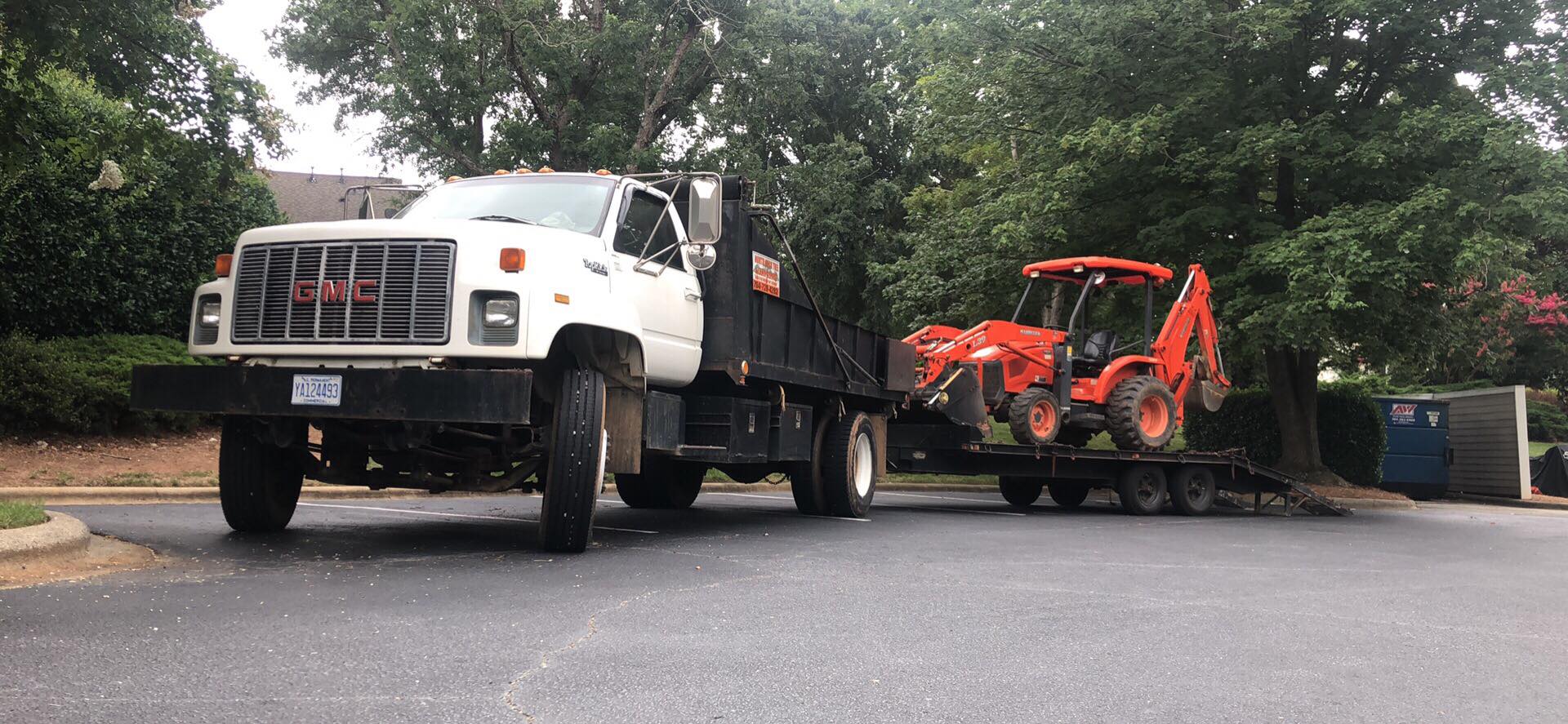
Mastering Seasonal Tree Fertilization: Insights from North Meck Tree Experts Oct 14, 2025
Seasonal fertilization is crucial because tree nutritional needs vary throughout the year. To ensure your trees receive optimal nourishment, it is vital to understand these seasonal changes. In spring, as trees awaken from their winter dormancy, they require nutrients that support robust new growth. This is the perfect time to use a balanced fertilizer enriched with nitrogen, phosphorus, and potassium, encouraging leaf development and strong root systems.
Summer fertilization, while less intense, is still important. During this period, focus on maintaining growth and preparing trees for the stress of high temperatures and varying water availability. A slow-release fertilizer is an excellent choice, providing a steady nutrient supply without overwhelming the tree, ensuring it remains healthy through the hottest months.
As we transition into fall, trees start preparing for the winter months by storing energy and strengthening their root systems. Applying a fertilizer higher in potassium at this time can enhance root growth and resilience. This helps trees endure winter conditions more comfortably, emerging healthier when spring returns. It's essential to balance the fertilizer composition to prevent overfeeding as trees are naturally reducing their growth activities.
Winter generally requires less intervention, as most trees enter a dormant stage, consuming fewer nutrients. However, some evergreen species may benefit from a light feeding to maintain their foliage associated with photosynthesis. Always ensure that your efforts during other seasons have adequately prepared your trees to face the harsh conditions ahead.
The key to successful seasonal tree fertilization lies not only in understanding these needs but also in correct application techniques. Fertilizer should ideally be applied to the root zone. This area typically radiates to the tree's drip line. Consider soil type and current tree health when determining the precise mixture ratios. Trees already under stress from disease or pests may need specialized treatment protocols, which our experts at North Meck Tree & Grounds Specialist can advise on.
Monitoring tree health and soil conditions is indispensable. Conducting soil tests can offer valuable insights into nutrient deficiencies, allowing you to tailor your fertilization approach. Regularly inspecting your trees for signs of nutritional imbalances, such as chlorosis or unusual growth patterns, can keep you informed on their well-being. Adjust your fertilizer regimen based on these observations for the best results.
Engaging in seasonal tree fertilization is not just about maintaining tree health; it is an investment in the future splendor and environmental benefits your trees provide. Remember, informed actions today yield healthier, grander trees tomorrow.
To augment your fertilization efforts, consider consulting with professionals. At North Meck Tree & Grounds Specialist, we pride ourselves on our tailored, eco-conscious solutions that cater to the unique needs of North Carolina’s flora. Our team ensures your trees not only thrive each season but also enhance the natural beauty of your landscape for many years to come. Embrace a greener future by fortifying your trees with the right seasonal care.
/filters:no_upscale()/filters:format(webp)/media/edc1a201-5db1-4cdd-a654-e51edfd70822.jpg)
/filters:no_upscale()/filters:format(webp)/media/4609059c-acd8-46ce-990d-27a267ff7715.jpg)